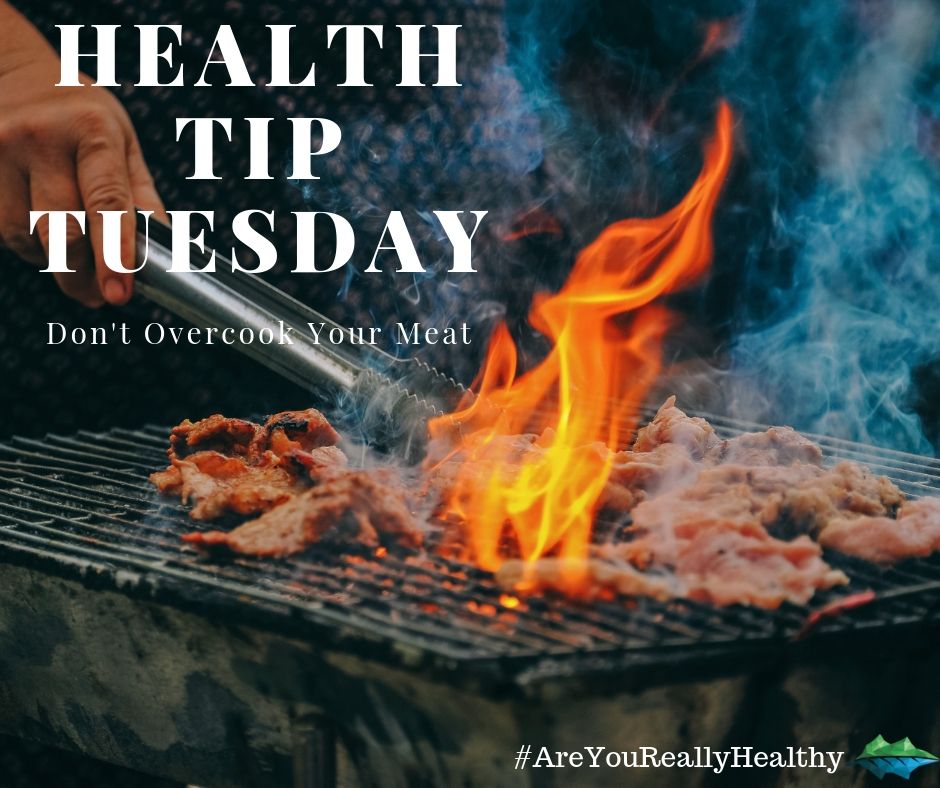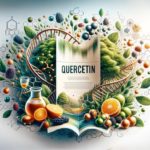Meat is an important part of any nutrient dense healthy diet. It’s an excellent source of protein and contains numerous other important nutrients.
First off, overcooking meat makes it tough, more difficult to chew and harder to digest. Overcooking meat can lead to formation of harmful compounds known as carcinogens that raise your risk of cancer. This most commonly happens with charring the meat. Amino acids are the building blocks of protein. These structures are very sensitive to heat. These damaged amino acids can react with the iron in the blood and form toxins, which the body can’t use but will absorb anyway.
Once in your bloodstream, these ruined nutrients can cause reactions with other nutrients and wreck havoc on the body leading to increased inflammation and potentially cancer.
Best Ways to Cook Your Meats:
- Slightly Heated: the best method is to place it in a small amount of water on low to medium heat, tightly covered or for a short duration. Whatever method you’re using, make sure to use the least amount of heat you can to get it cooked and still make it taste good.
- Steamed Al Dente: Steaming is one of the safest cooking methods for meat and the best one for most vegetables. It saves most of the nutrients in your food from damage, makes vegetables and meats more palatable, and allows you to make a greater variety of dishes. Steaming your vegetables into mush might make them easier to eat, but it also destroys many of their nutrients. Be sure to avoid over-steaming your foods.
- Baked at 320 degrees F or below: Baking tends to be riskier because of the high temperatures. Baking higher than 320 degrees F can cause carcinogens, different toxins and free radicals. All of these cause inflammation and negatively impact the brain and body in its entirety. Baking below 320 degrees F reduces the risk.
- Boiled/Poached: Boiled meat often isn’t particularly flavorful, but it’s fine for soups and shredded meat dishes. Boiled vegetables are healthy, and the extra water you drain away may remove unwanted antinutrients.
- Simmer: Simmering for a short period of time is fine, but leaving meat on the stove to simmer for hours is not a good idea. Simmering is also a good option for vegetables as long as you don’t overcook them.
- Slow Cooker: Long, slow cooking breaks down collagen, making for soft, delicious meat dishes. However, it can also produce toxins and overcook meat. Keep it tightly covered and use lots of antioxidant spices like turmeric and rosemary, if you’re planning to simmer something for several hours.
- Lightly Grilled (Not Charred): The best way to grill your meat is so that the outside is just barely browned but the inside is still medium-rare to rare. This reduces the formation of toxins caused by charring meat while still giving your meat that wonderful grilled flavor and texture.












